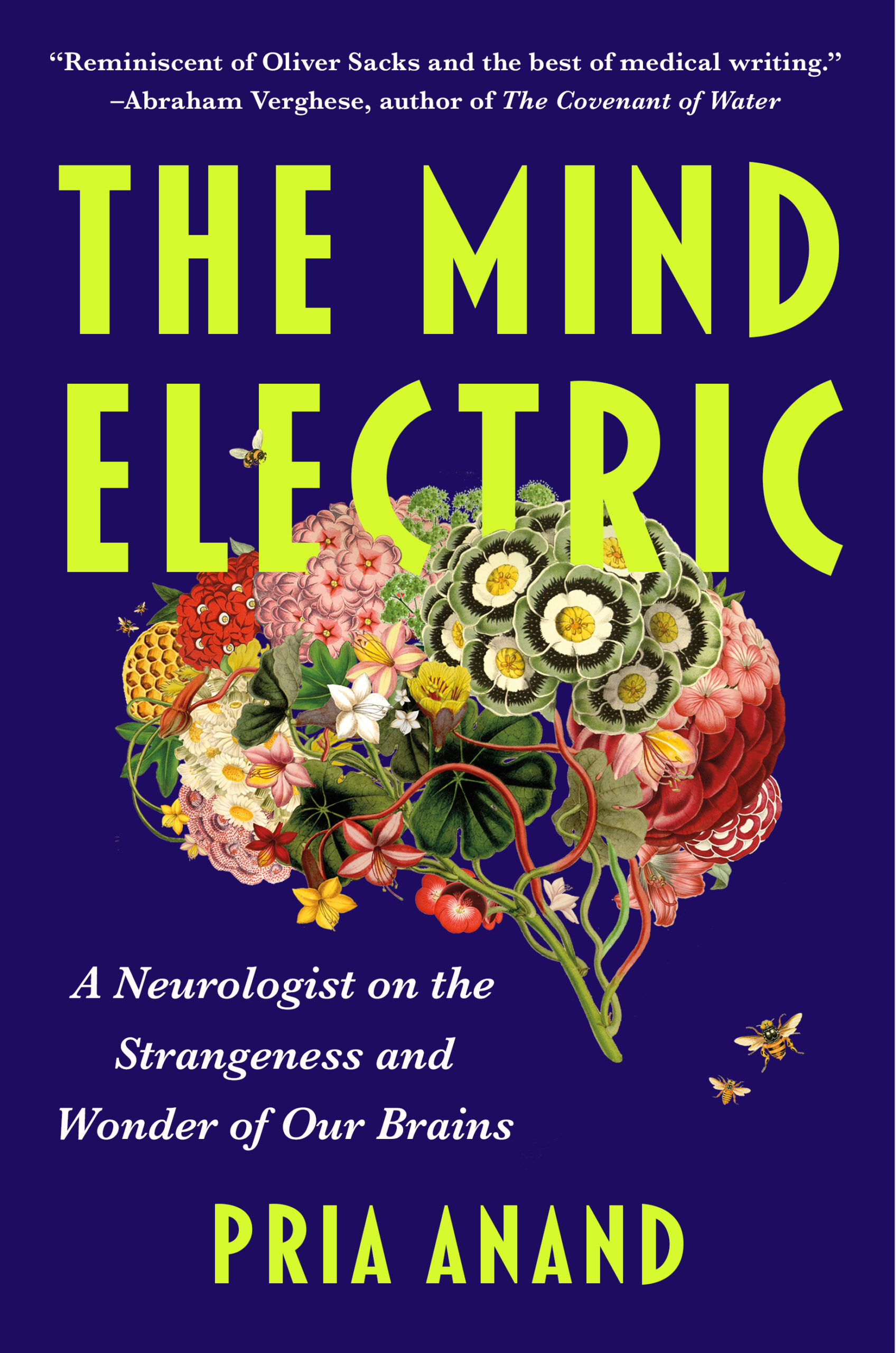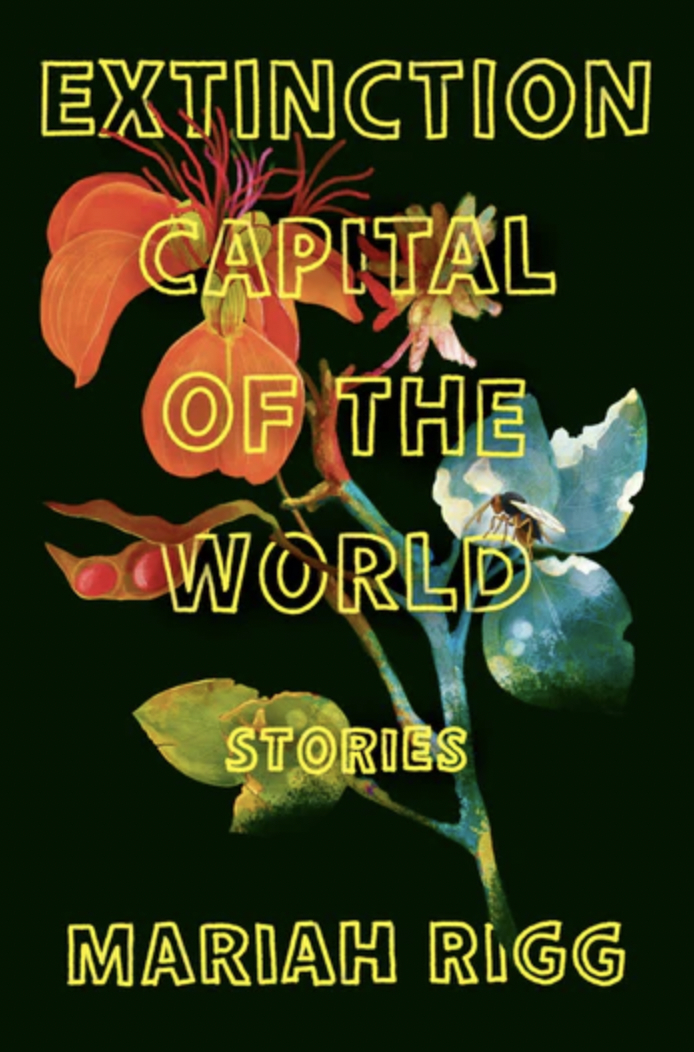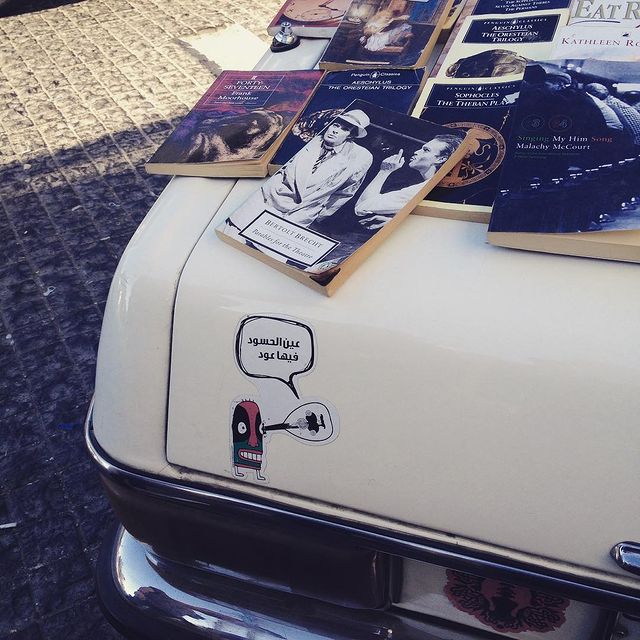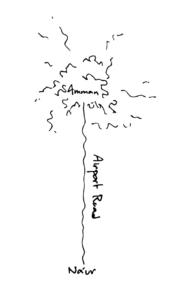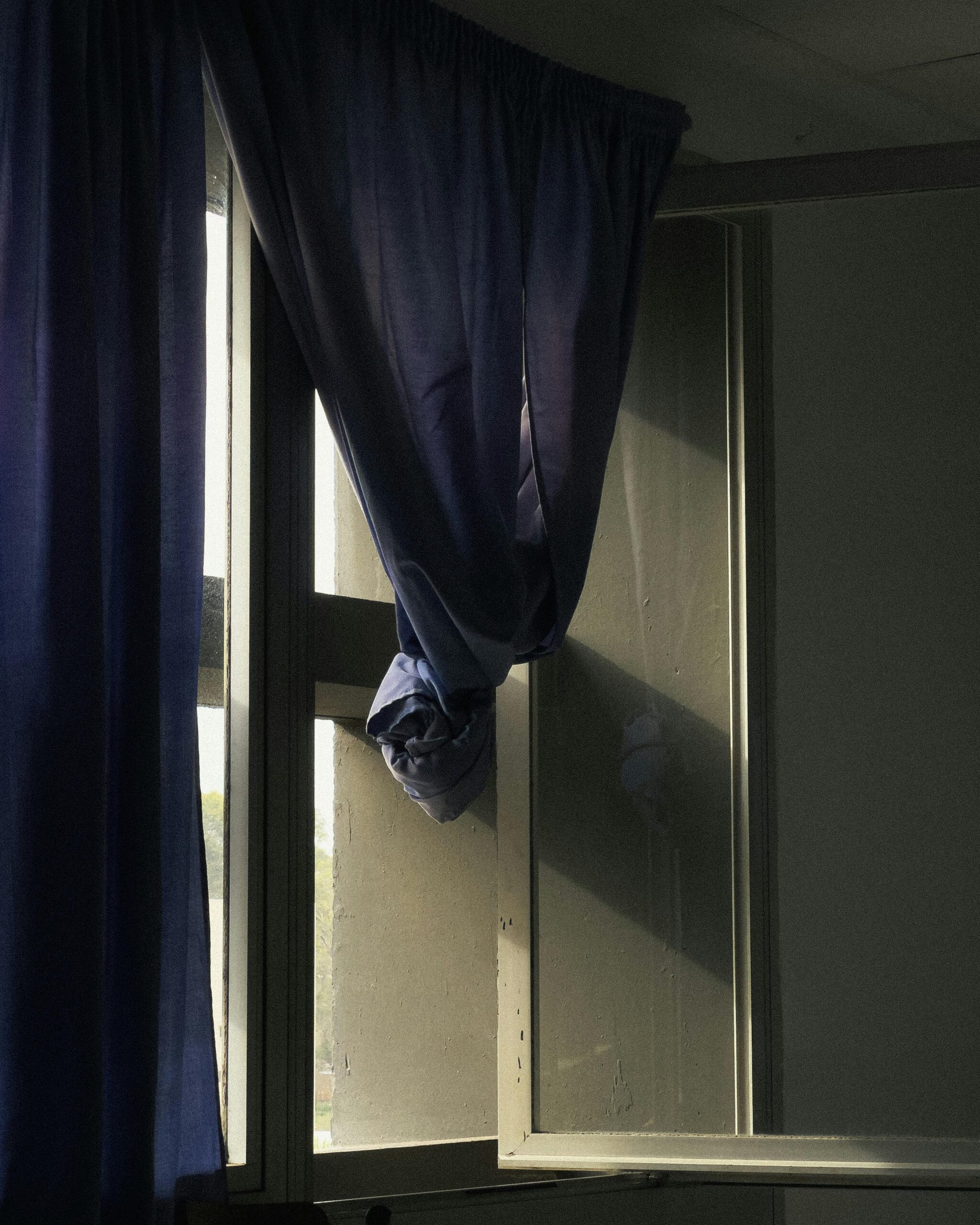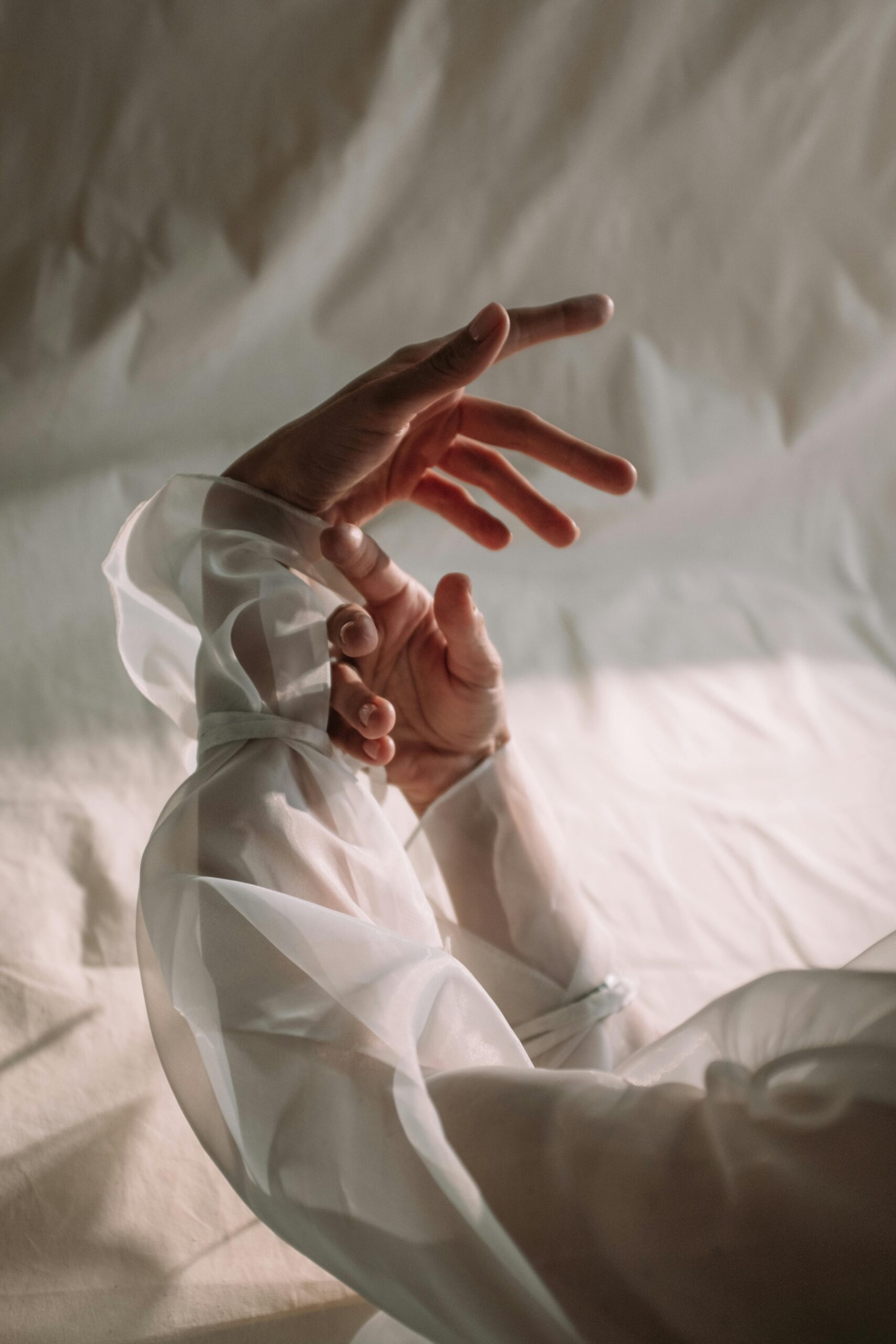Transcript: Pria Anand Podcast.
PRIA ANAND speaks to managing editor EMILY EVERETT about her story “The Elephant’s Child,” which appears in The Common’s spring issue. The piece is a vivid retelling of a Hindu myth, the origin story of the elephant-headed god Ganesh. Pria talks about the process of writing and revising many versions of this ancient myth, why she felt inspired by it, and how her literary writing intersects with her career as a neurologist. Pria also discusses her debut book, The Mind Electric: A Neurologist on the Strangeness and Wonder of Our Brains, out this month from Simon & Schuster. The book explores how story and storytelling can illuminate the rich, complex gray areas within the science of the brain, weaving case study, history, fable, and memoir.

